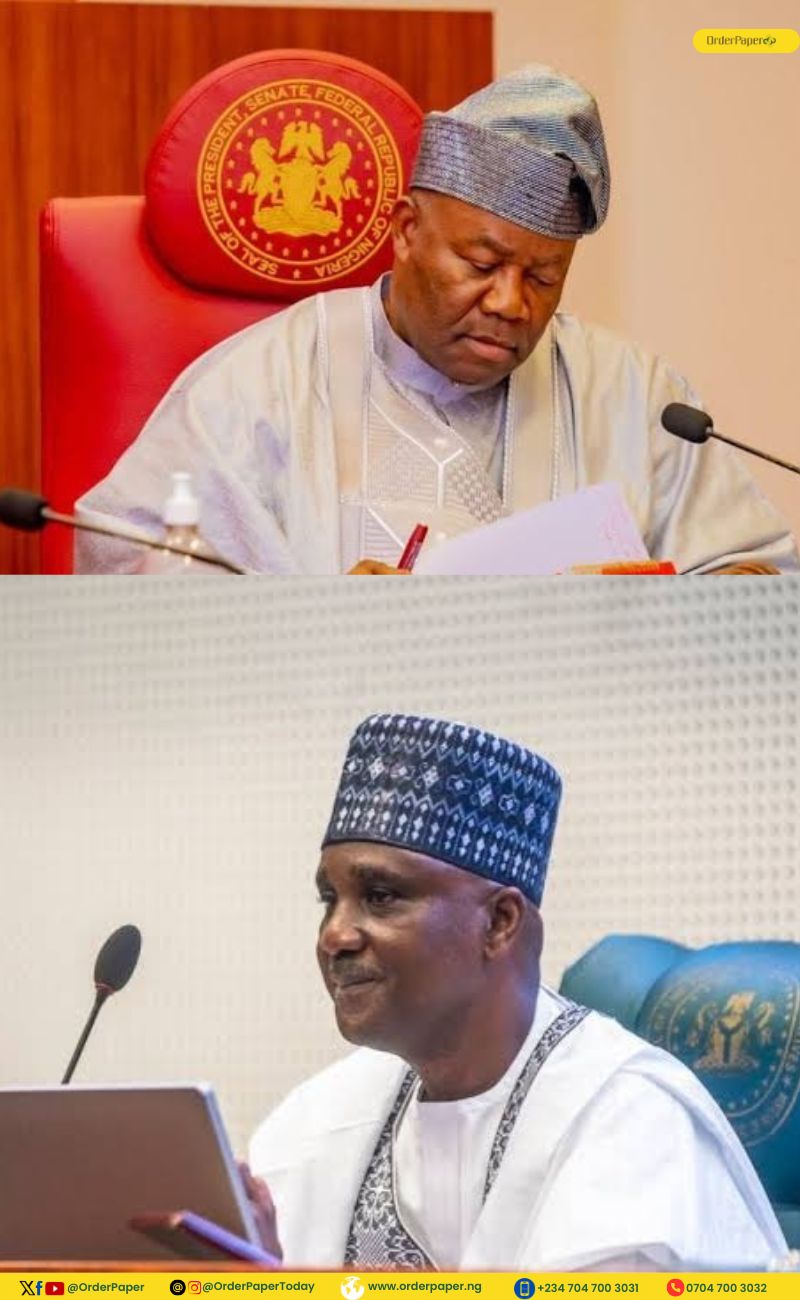In passing the budget the Senate also jerked up the exchange rate for 2024 to N800 per US dollar but retained oil production and price benchmarks as proposed by President Tinubu

The Senate has approved the budget for the 2024 fiscal year.
The budget was, however, increased from N27.5 trillion presented by President Bola Tinubu on November 29, 2023 to N28.7 trillion. This shows an increase of over N1.2 trillion.
The Senate also increased the exchange rate from N750 to N800 per dollar while the 1.78mbpd daily oil production, US$77.96 oil benchmark price and GDP growth rate of 3.88% were approved as proposed by the executive arm of government.
The passage of the estimates was a sequel to the consideration of the report of the Senate committee on appropriation presented by the chairman, Sen. Solomon Olamilekan (APC, Ogun West).
Recall that President Bola Tinubu on Wednesday 29th November, 2023, presented the budget to a joint session of the National Assembly which he tagged “budget of renewed hope.”
The Senate, on Friday 1st December, 2023, passed the N27.5 trillion 2023 budget for second reading.
READ ALSO: In accelerated approval, Senate extends 2023 budget by 3 months
The passage of the appropriation bill for second reading followed a substantial debate on its general principles which had commenced on Thursday 30th November, 2023. Both chambers of the National Assembly immediately suspended plenary, in order to dedicate its time to the defence sessions at committee levels.
The budget which is Tinubu’s first budget as the President of Nigeria was based on a non-debt recurrent expenditure of 9.92 trillion naira while debt service was projected to be 8.25 trillion naira and capital expenditure is 8.7 trillion naira.
Breakdown of the approved 2024 Budget is as follows:
Aggregate – N28,777,404,73, 861
Statutory transfers – N1, 742,786,788,150
Debt service – N8,270,960,606, 831
Recurrent (non-debt) expenditure – N8,768,513,380,852
Contribution to capital expenditure – N9,995,143,298,28
Sen. Olamilekan urged the executive to ensure compliance and provide adequate funds to the Ministries, Departments and Agencies (MDAs).
The Senate, thereafter, dissolved into the committee of supply, which considered and passed the appropriation bill


